Alberta’s Battle River-Crowfoot riding on threshold of world record
The riding where Conservative leader Pierre Poilievre is a candidate could have the world’s second longest ballot paper.
.jpg) Representative image / Pexels
Representative image / Pexels
The Battle River-Crowfoot riding in Alberta is poised to create a new record in a single-seat election, with a record number of candidates on its ballot paper. The list, with three days remaining before the close of nominations, has already reached 194, with 193 candidates running against Conservative Leader Pierre Poilievre in an upcoming Alberta byelection.
According to the Guinness Book of World Records, the largest ballot paper was recorded for the November 1994 municipal elections in Prague, Czech Republic, when there were 1,187 candidates on the ballot for the single city constituency.
The ballot paper measured 101.5 cm x 71.5 cm (3 ft 4 in x 2 ft 4 in) and was delivered to all 1,018,527 eligible, registered voters, who could nominate up to 55 candidates for the 55 available seats.
The second-longest ballot was for the 2003 election of the governor of California, with 135 candidates. Arnold Schwarzenegger won.
And now the Battle River-Crowfoot has become the Federal riding for the second-largest ballot paper, with 194 candidates already listed on it, with three more days for filing nominations remaining. Nominations close on July 28, and the final list will come out on July 30.
In addition to Conservative leader Pierre Poilievre, who is seeking a seat in the House of Commons through this byelection, there are six other candidates from various parties registered with Elections Canada.
ALSO READ: Pierre Poilievre is all set to enter record books
Last week, the ruling Liberals and one of the other opposition parties, the New Democrats, also nominated their candidates for this byelection.
On the ballot paper, the candidates of registered parties are Katherine Swampy (NDP). Jeff Willerton (Christian Heritage), Darcy Spady (Liberals), Pierre Poilievre (Conservatives), Ahmed Hassan (Centrist), Michael Harris (Libertarian), and Grant Abraham (United).
So far, there are 194 total candidates listed for the Battle River-Crowfoot riding as of July 25. Out of them, 187 candidates are running as independents as part of a protest movement about Canada’s electoral system.
The byelection was called after MP Damien Kurek stepped down to allow Poilievre to run and win a seat. Poilievre lost his riding of Carleton in the recent federal election, which was similarly targeted by the protest movement with 90 candidates.
The Longest Ballot Committee (LBC) has been claiming that it wants to organise about 200 candidates for this Conservative stronghold, the Alberta riding. It has almost reached its target. The LBC was created to protest Canada’s first-past-the-post electoral system. In the Carleton riding, ballots were almost a meter long and had to be folded several times to fit in the ballot box.
The LBC also persuaded 77 candidates to run in the Toronto-St. Paul’s byelection in June 2024. The move resulted in voting delays.
The movement originated with the satirical Rhinoceros Party of Canada, founded in 1963. Some of its policies include making “sorry” the official motto of Canada and naming “illiteracy” as the third official language of the country. The party has also said it would open “tax havens” in all provinces and allow advertising in the House of Commons and Senate.
“The protest movement has been creating a challenge for those with language or accessibility barriers to vote,” media reports quoted Chief Electoral Officer Stephane Perrault.
Last year, he recommended amendments to Bill C-65, which would change the Elections Canada Act, to prohibit voters from signing nomination papers for more than one candidate. The bill was terminated after Parliament was prorogued in January 2025.
Candidates not associated with the LBC have criticised the movement, including Pierre Poilievre, who called it “unjust” and “unfair” during a recent meeting in Alberta.
He said that Elections Canada could stop the LBC tactic by implementing new rules, including requiring every candidate on the ballot to have 1,000 unique signatures from community members. He also stated that no one should be permitted to sign a petition more than once.
“[This would] make it impossible for 200 people to go out and have their names piled onto the list,” he said, noting that only candidates who are truly running for office should be listed on the ballot.
ADVERTISEMENT
ADVERTISEMENT
E Paper
Video




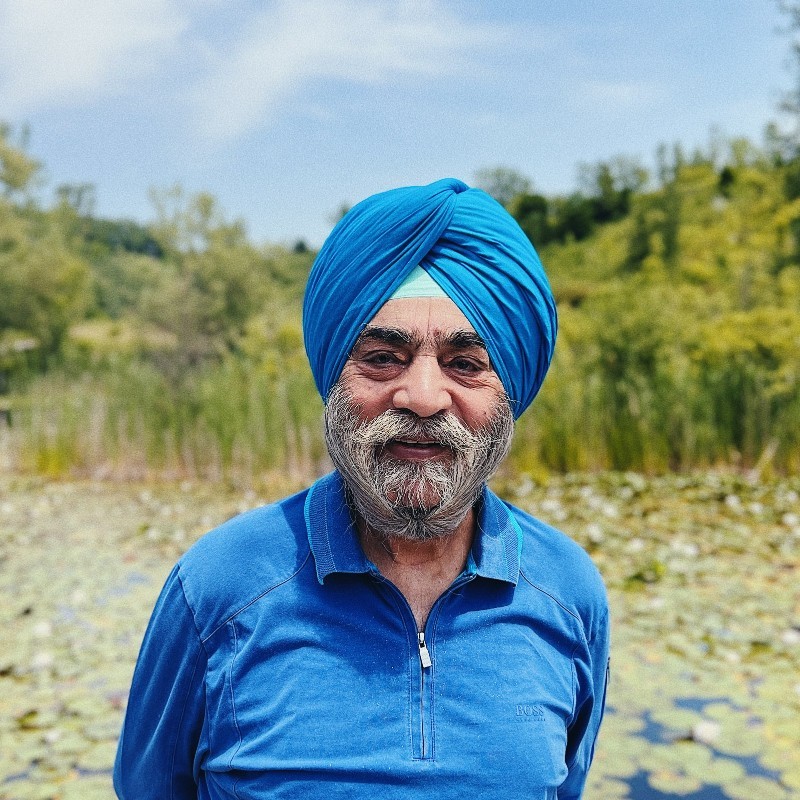 Prabhjot Paul Singh
Prabhjot Paul Singh
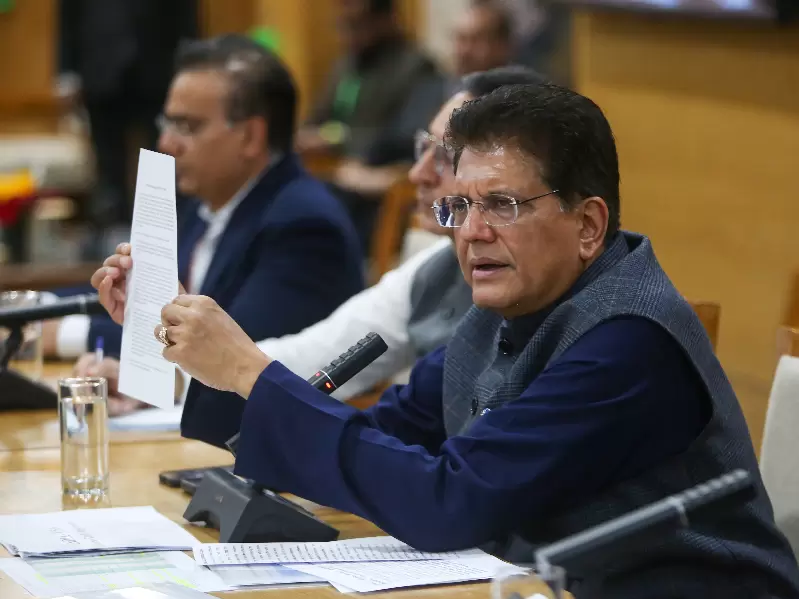



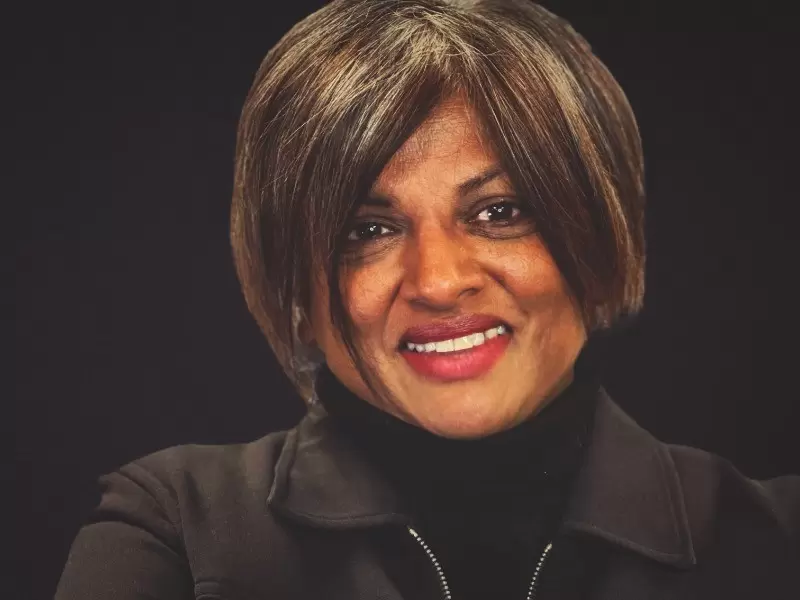
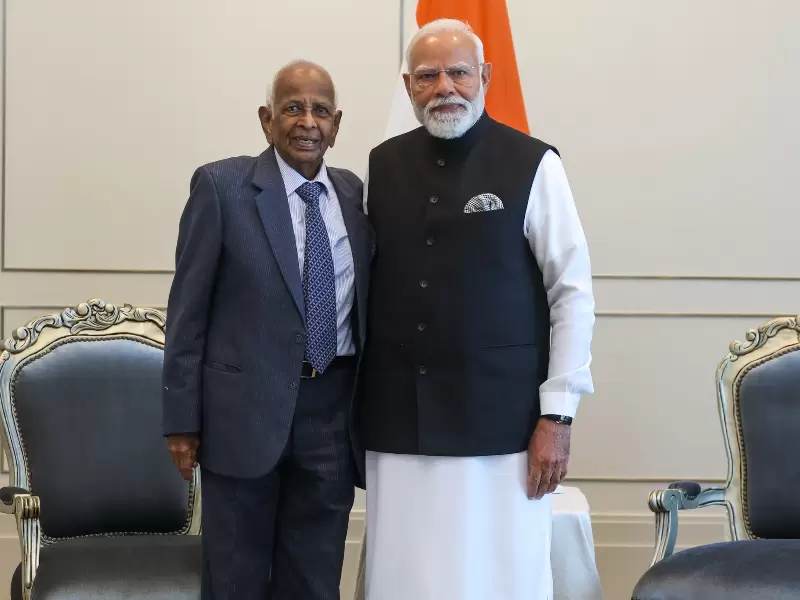


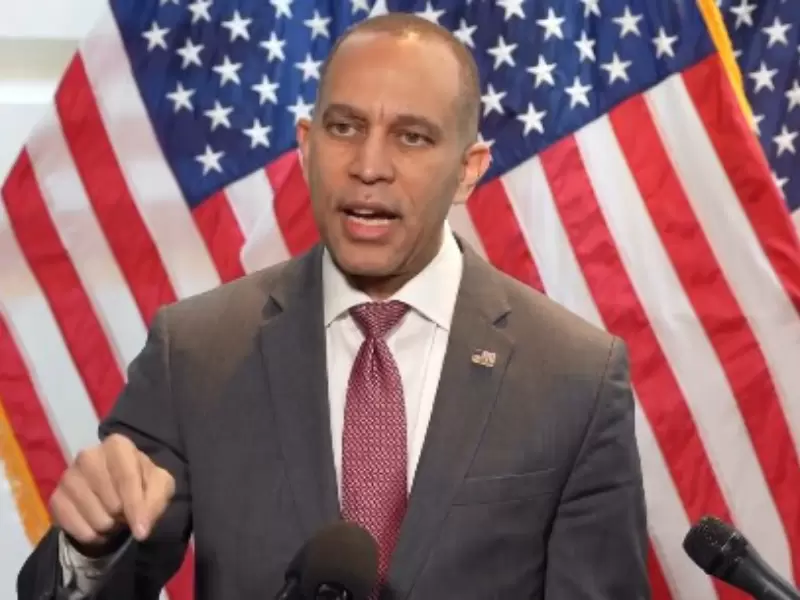




Comments
Start the conversation
Become a member of New India Abroad to start commenting.
Sign Up Now
Already have an account? Login